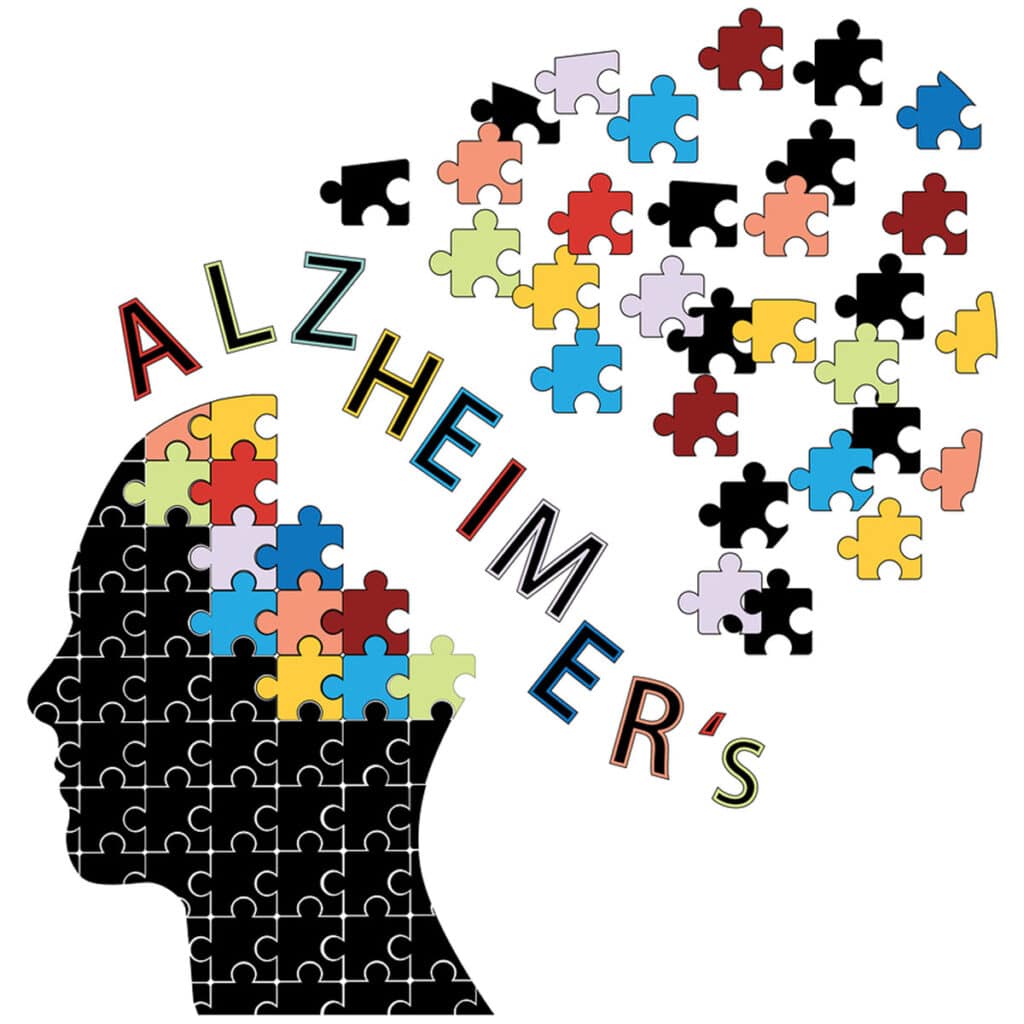Have you ever heard of the term “ambiguous loss?” It’s something you might hear in Alzheimer’s support groups or at your mom or dad’s memory care appointments. Ambiguous loss is a loss you feel when someone is still physically present, but emotions and mental capacity have changed.

When someone close to you dies, you grieve.
It may be weeks, months, or years before you start to feel the grief lessen. Alzheimer’s changes that. In the latter stages of the disease, your parent forgets who you are. You can still touch, hug, and talk to that person, but they may not react the same, treat you the same, or even know who you are. You grieve throughout the different stages and feel the intense loss.
While you’re grieving, your friends, co-workers, and some family members may not understand why you’re feeling such loss. You still have a parent you can visit, hug, and talk to. Until someone has had a personal experience with Alzheimer’s, it’s really hard to understand. To get support and deal with the ambiguous loss, these steps can help.
Don’t Hide It
Don’t feel the need to hide your parent’s diagnosis with others. The more you talk about it, the more you’ll realize you’re not alone. Others have been in your shoes. If you have friends or co-workers who don’t have any idea what it’s like, take time to help them learn. Talk openly about the struggles you experience.
Seek a Support Group for Alzheimer’s
Find an Alzheimer’s caregiver support group. They’re available online if there isn’t a local group. Being surrounded by other family caregivers who have personal experience with Alzheimer’s can make a big difference. You’ll quickly learn that grieving your parent before death is normal and appropriate for the disease.
Support Your Parent, Too
Remember that your mom or dad is also dealing with ambiguous loss. As the memories start slipping away and aphasia becomes more common, it’s frustrating to your parent. Be patient, keep spending as much time together as possible, and make sure they know that you love them no matter what is going on.
Arrange Respite Care
It’s very important that you practice self-care while you’re caring for a parent with Alzheimer’s. An elder care agency can help you schedule respite care services. While you go out to eat, stay home and relax, or head off on a trip, professional caregivers step in and care for your parent. Respite care is important throughout the different stages of Alzheimer’s. Talk to an elder care agency to ask about pricing.
If you or an aging loved-one are considering Homecare in San Mateo, CA, call the caring staff at Aviva In-Home Care. Call today: (415) 795-2203
- Do You Need Help with Personal Care for Your Senior? - September 16, 2019
- Causes and Risk Factors for Shingles in the Elderly - September 12, 2019
- Five Reasons Your Senior Might Need a Daily Routine - September 5, 2019



